Wonkblog published a very interesting piece (“No, the 2012 election didn’t prove the Republican Party needs a reboot”) by John Sides, an Associate Professor in the Political Science department at George Washington University.
Sides essentially argued that much of the Republican hand-wringing over the last election, which has caused some of the party architects to think they need to reorient the party toward more (relatively) centrist positions in order to win national elections, is unnecessary. He suggests that things are not so bad for Republicans as the Romney defeat might indicate.
Let me say from the start that I don’t give one good damn about the reformation of the Republican Party. As far as I’m concerned, given what it has become, I hope it wanders forever in the wilderness of doubt and uncertainty about itself. I hope the so-called civil war within the party continues unabated for at least as long as it takes our sun to convert its last atom of hydrogen into helium and swells into a red giant that will swallow up the earth, sort of the way Newt Gingrich attacks the all-you-can-eat buffet on the campaign trail.
Any political party whose leaders have to, say, appease pale-faced zealots like Rush Limbaugh before they can endorse sensible immigration reform (as Marco Rubio, a Limbaugh butt-sweat slurper, is doing right now) is not a party worth saving.
But I do want to take issue with something that Professor Sides claimed in his article, to wit: Even though Mitt Romney moved far to the right in the GOP primary, that ideological move did not hurt him as much as most of us thought:
…it does seem true that Romney had to tack right in the primary. But when the general election rolled around, who did voters perceived as ideologically closer to them, on average: Romney or Obama? Romney.
Sides uses a YouGov survey from January 2012 until election day to make that rather startling point:

Sides says:
Although over time both Romney and Obama were perceived as moving farther away from the average voter, Romney was still closer to this voter on Election Day. The candidate who would have benefited most from a shift to the center was Obama.
Naturally, since I perceived Barack Obama as having shifted to the center on so many—too many, for my particular tastes—issues, I was quite surprised by Professor Sides’ claim here.
Could it be that the far-right Mitt Romney, the one who embraced a harsh stance on immigration reform that only Ann Coulter and Sean Hannity and Rush Limbaugh could love; the one who was called a “vulture capitalist” by his own GOP competition; the one who made that repulsive 47%-of-the-country-are-moochers comment in front of fat-cat donors; the one who picked the extremist, Ayn Rand-loving Paul Ryan for his running mate; could it be that that Mitt Romney was closer to the “average person” than Barack Obama?
Hell no.
What we are dealing with here are the way people, when asked in polls or surveys, interpret the words “liberal,” “moderate,” and “conservative.” Notice how the “average person” in the graph plots himself or herself right there in that comfortable “moderate” range. Why is that? Because most people like to think of themselves as not too hot or not too cold, and people generally don’t perceive their political beliefs to be anywhere near one of the ideological poles, even if they obviously are.
When I was a conservative, I heard conservative commentators tell me all the time that the majority of Americans were “with us,” that we represented the “average person.” Now that I am a liberal, I hear the same thing. Americans are “with us” liberals. And both of those claims can’t be true.
So, what is true?
Notwithstanding the arguments of Professor Sides, and other political scientists who rely way too much on the self-perceptions of survey respondents in taking the ideological temperature of the country, we have one fairly reasonable way of gauging the ideological proclivities of voters: how do they respond to specific issues?
Let’s take a look at several of them:
GUN CONTROL:
GAY MARRIAGE:

REPRODUCTIVE RIGHTS:
SOCIAL SECURITY (a liberal program par excellence):
MEDICARE (another liberal program):
MEDICAID EXPANSION UNDER OBAMACARE:
TAXING THE RICH:
Mitt Romney was on the wrong side of all of those issues. The Republican Party still is. A majority of Americans, despite how much they want to perceive themselves as “moderates,” actually support liberal programs and policies.
I suppose something can be said for the fact that people who support liberal ideas consider that support to be the very definition of “moderation,” which is bad news for a Republican Party that is still waging war on women’s reproductive freedom, homosexual rights, and the well-being of the poor; which is still protecting above all else the interests of the moneyed class; which is still trying to repeal the New Deal, and which, as we speak, is threatening to derail even the most mild form of gun control legislation.








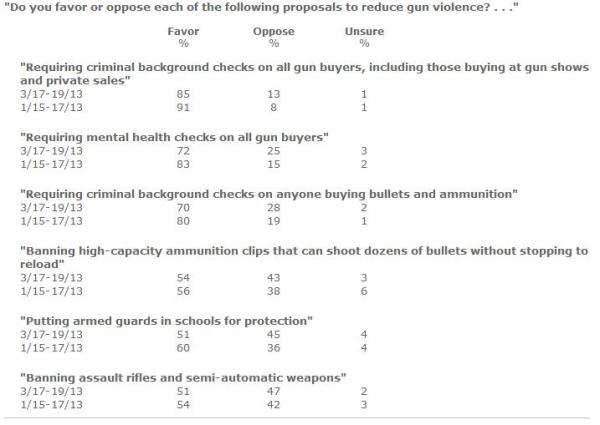
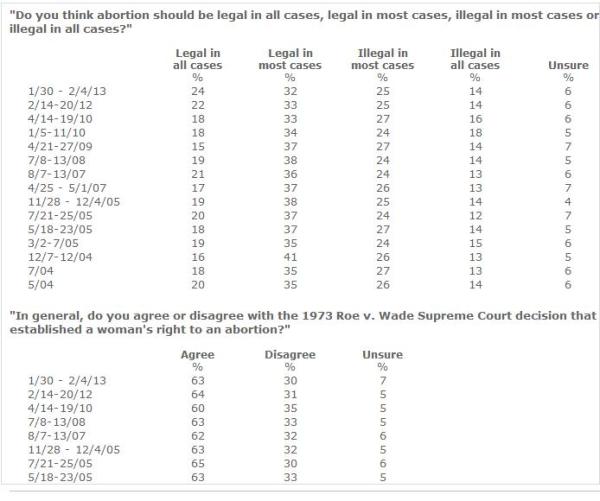
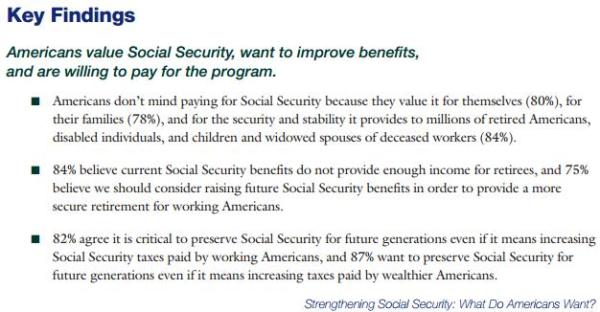
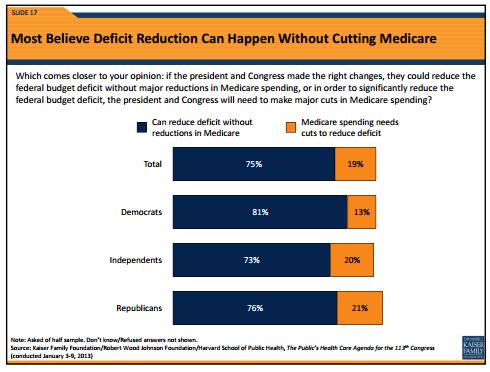
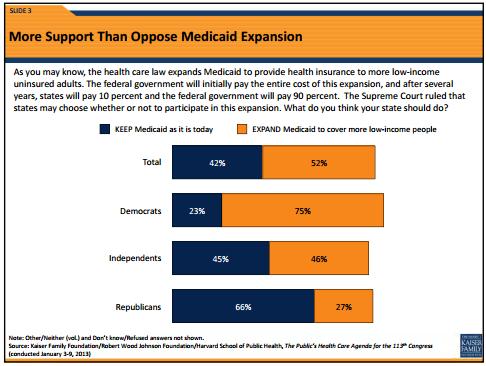

Brad Lang
/ April 1, 2013Shared on Facebook. Couldn’t have said it better myself — and I’ve been trying!
LikeLike
R. Duane Graham
/ April 3, 2013Thanks, Brad.
LikeLike
ansonburlingame
/ April 2, 2013Duane,
So now we can stoop to arguing over the definition of a word, liberal, I suppose. It is sort of simple to me.
Duane, I assume, defines himself as a liberal. Well if that is the standard, then I am NOT A LIBERAL by such a definition. I disagree with just about everything he writes in this blog.
So what does that make me by definition? Obviously I am a conservative, right. I don’t even try to sneak into the “moderate” category. Hard boiled, “live within your means” and work hard to achieve better means is my “principle”. Government should help in emergencies but not routinely except for those things defined constitutionally for the federal government to “work on”.
Want to add responsibilities to the federal plate, well go ahead and change the constitution to do so. THEN we don’t have to rely on SCOTUS to make such decisions for us. I sure don’t like only 9 men “ruling” us. That for damned sure is not democratic, either way SCOTUS decides to go.
And yet I occassionally wander over to the liberal side, gun control and abortion being two big examples today. On immigration, well I am still listening to comprehensive solutions, which I certainly agree we need, good solutions to a big problem.
I at least try to take issues on their own merits along with proposed solutions and thus can not fit into some standard mold on each and every political topic.
So then I suppose one could say I am either a “thinking person” or a very confused or flat out wrong one on various topics. But so what? And why bother trying to define everyone with a single word, politically.
Oh yes. Please remember that there is ONLY ONE AVERAGE person in any category you decide to measure. All others fall on either side of the average if you do the measuring correctly. As well “average” should be measured by actions, not momentary thoughts or opinons. What people actually do, vote for example, is what counts not some silly definition trying to categorize us all into a “herd”.
Anson
LikeLike
R. Duane Graham
/ April 3, 2013Anson,
I think we’re making progress here. You wrote,
After four years of reading this blog an interacting with me both publicly and privately, you finally figured out I’m a liberal!
You also wrote,
This deserves to be addressed, Anson, mainly because lots of people say the same thing you said. Lots of people resist being classified as this or that or put into a herd. So, I’ll address it quickly like this:
1. Yes, there are variations of liberals. And there are variations of conservatives. Some liberals hold some conservative beliefs and vice-versa. Heck, some people, as this piece makes clear, are liberals and they don’t even know it. If a person calls himself a “conservative,” but supports a long list of programs advanced by people who call themselves “liberals,” we would say that the person is a bit confused and is not really a conservative, no matter what he says. We can say that because we have a general idea of what we mean by “liberal” and “conservative,” even though the meaning of those terms involves some ambiguity and evolves over time.
The term “liberal” or “conservative” is not meant to do anything but define a general disposition, an inclination, if you will. It is nothing more than a handy, if imprecise, tool to advance a discussion at a certain general level. It sort of gives you an idea of how someone might approach an issue, although at times people surprise us and don’t conform to the term. But in order to discuss politics in general terms, we have to have general terms which we can use.
2. It may surprise you, Anson, but we human beings are animals. Thus, we tend to act in “herds.” Can the herd instinct sometimes be appalling? Yep. Can it sometimes be ennobling? Yep. Are there times when individuals should break away from the herd? Yep. But to deny that people sometimes, even frequently, act as part of a herd would be to deny human nature and the nature of human societies.
Duane
LikeLike
Jim Wheeler
/ April 11, 2013Human beings are unique in being capable of abstract thought and in having the ability to express and communicate it. But we are otherwise social animals and hence conflicted. Which side of us will prevail? The issue is neatly contained in the present politics. IMHO.
Sorry to be so late to the discussion here. My cup runneth over.
LikeLike
Jane Reaction
/ April 11, 2013Appreciate all the polling results Duane.
It is all Jane can do to pass up the opportunity to answer Anson’s own question of “what does that make me by definition”?
LikeLike
R. Duane Graham
/ April 12, 2013Thanks for your restraint, Jane!
LikeLike